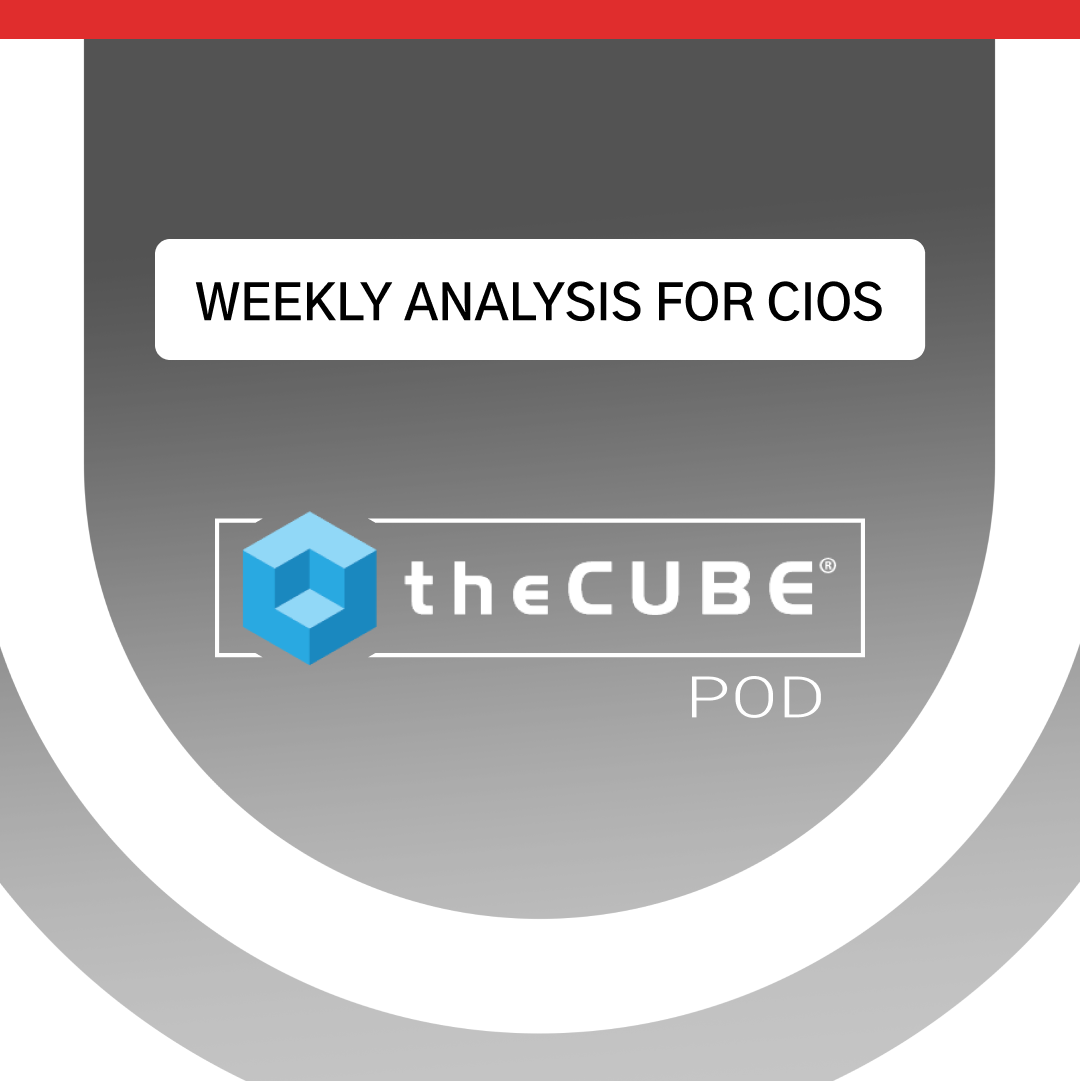IT should be managed according to business demands | #Know14
![]() Dave Wright, the CSO at ServiceNow, discussed service orientation and new trends in IT service management with theCUBE co-hosts Dave Vellante and Jeff Frick in a live interview at the ServiceNow Knowledge14 conference.
Dave Wright, the CSO at ServiceNow, discussed service orientation and new trends in IT service management with theCUBE co-hosts Dave Vellante and Jeff Frick in a live interview at the ServiceNow Knowledge14 conference.
“Everyone in the world is a provider of service. Technically someone needs to require that service,” Wright explained. Even in day to day life, the acquisition of new products and services comes down to wanting something you don’t have, wanting something you want to chance, or something you want to know.
Commenting on the role of the CSO, Wright said that for ServiceNow, the company initially focused on the IT service management (ITSM) side of the business. “We got to a point where we want to wrap our hands around it,” he explained., going on to note that there are still ways to expand that approach, to implement the strategy of “managing IT according to business demands.”
Asked how his interaction with CIOs and senior IT leadership impacts their strategy, Wright said “this is the first company where you can talk to a CIO and there’s an ‘a-ha’ moment.”
A lot of the conversations are around orchestrating all the services relationships in the entire company. CIOs already have the knowhow of doing ITSM, which is the most complex to manage.
Commenting on the feasibility of a senior IT leader becoming more of a business leader, Wright said there were two types of CIOs: the proactive and the reactive ones. A proactive CIO perspective is, “‘This is the business problem, how are you going to solve it?’ They are asking the right questions,” Wright explained. They demand management to explain their business challenges, to help them get there.
“It can be an evolutionary process, you just have to question the way you do what you do,” he added. “I know some CIOs that are a lot more business focused. It’s this understanding of what IT can do for a business. Some of these guys are now becoming go to guys for the CEOs of the company.”
These circumstances generate a chance for the CIO to get a seat at the top management table.
Asked what was holding CIOs back form transforming their companies, Wright said that it’s “not really having the confidence to propose this as a solution to the business.” CIOs are in a position where they can get kicked if they don’t propose an effective solution.
Commenting on how the younger, “entitlement generation” shapes IT, Wright said the demographic comprises “people who think ‘I just get it’, it’s on demand IT from a media perspective.”
Wright shared this scenario: If they want a song, they will just go and get it now and listen to it, they do not care where it is stored. “As they are going to work, people want to work in the same way they work at home,” he explained, noting the importance of visualization tools like virtual task boards, which “allow them to monitor as many streams of data as they can possibly have.”
Speaking on the big trends that are disrupting IT, cloud, mobile, social, Big Data and the emergence of the Chief Data Officer, Vellante asked if the CIOs will be adapting.
“I don’t think people have fully wrapped their mind around that,” Wright said. “I wouldn’t want a CDO to work for me,” he added, commenting on a CIO’s perspective. “I think there will be a more prevalent position in data, and I think the big driver for it is that now everything is running externally,” and you have trillions of events happening daily, he concluded. Private cloud providers will have to clearly demonstrate how your app runs and how it’s performing in order to succeed.
A message from John Furrier, co-founder of SiliconANGLE:
Your vote of support is important to us and it helps us keep the content FREE.
One click below supports our mission to provide free, deep, and relevant content.
Join our community on YouTube
Join the community that includes more than 15,000 #CubeAlumni experts, including Amazon.com CEO Andy Jassy, Dell Technologies founder and CEO Michael Dell, Intel CEO Pat Gelsinger, and many more luminaries and experts.
THANK YOU













